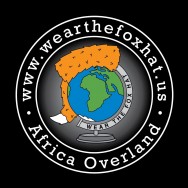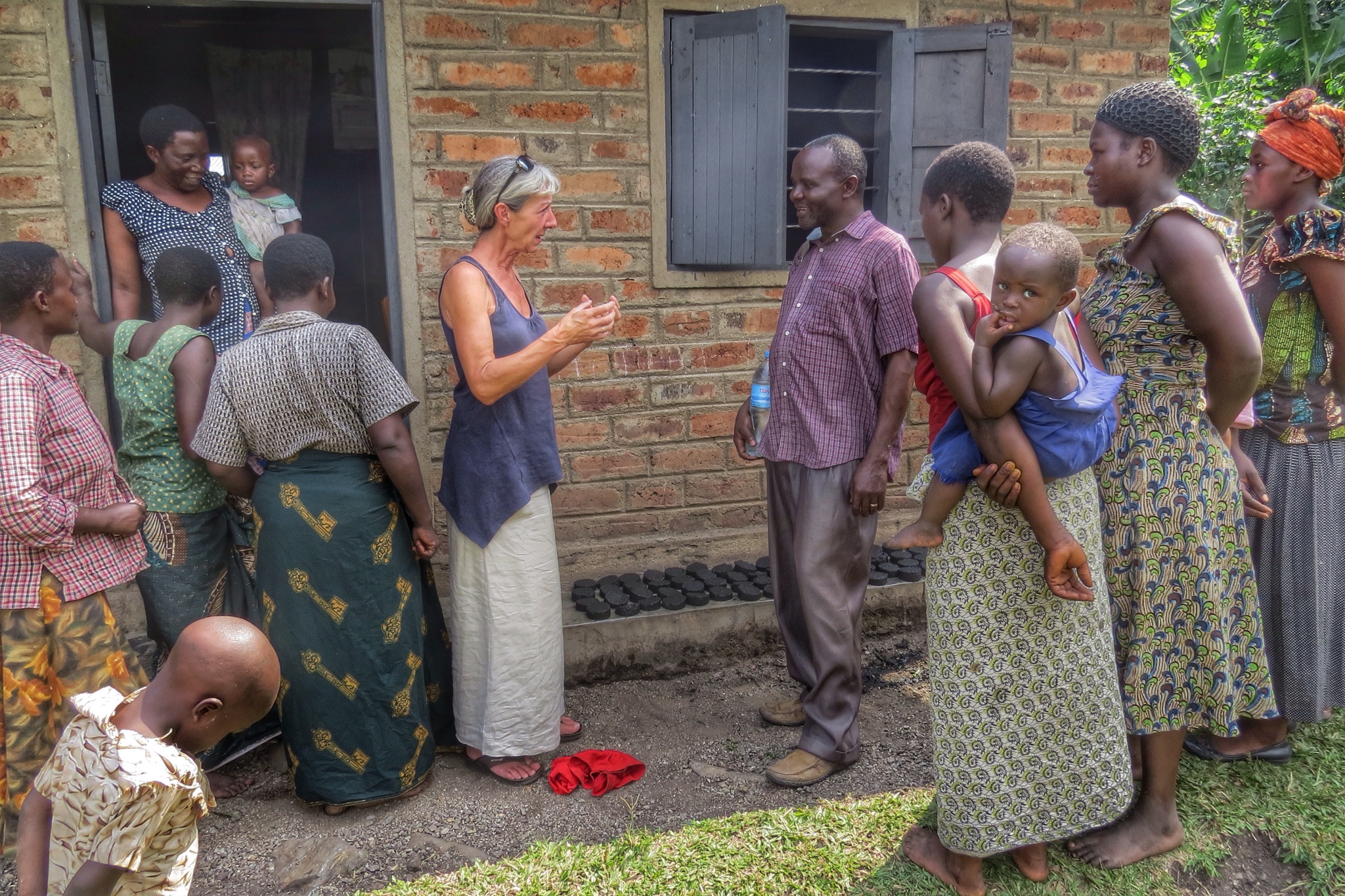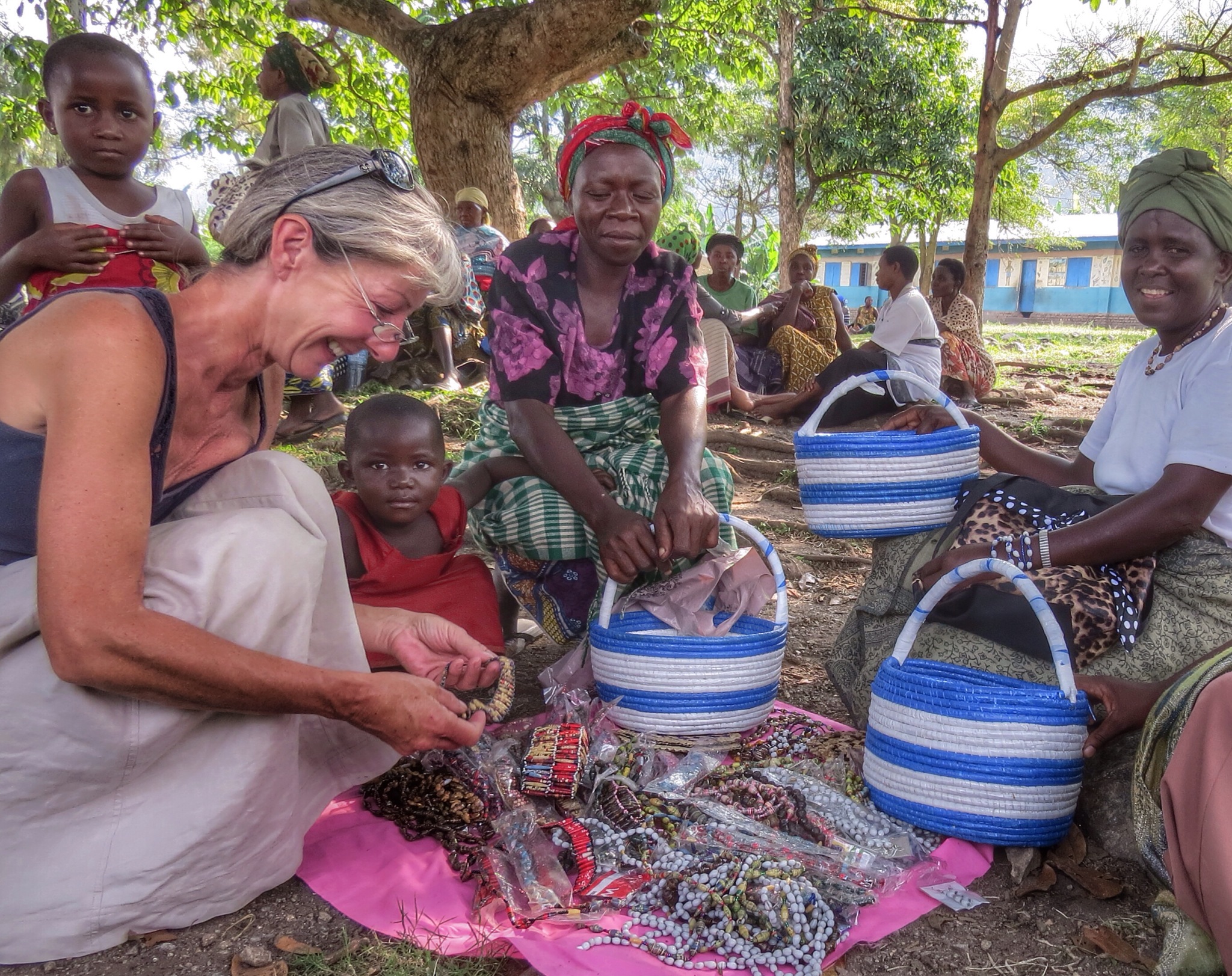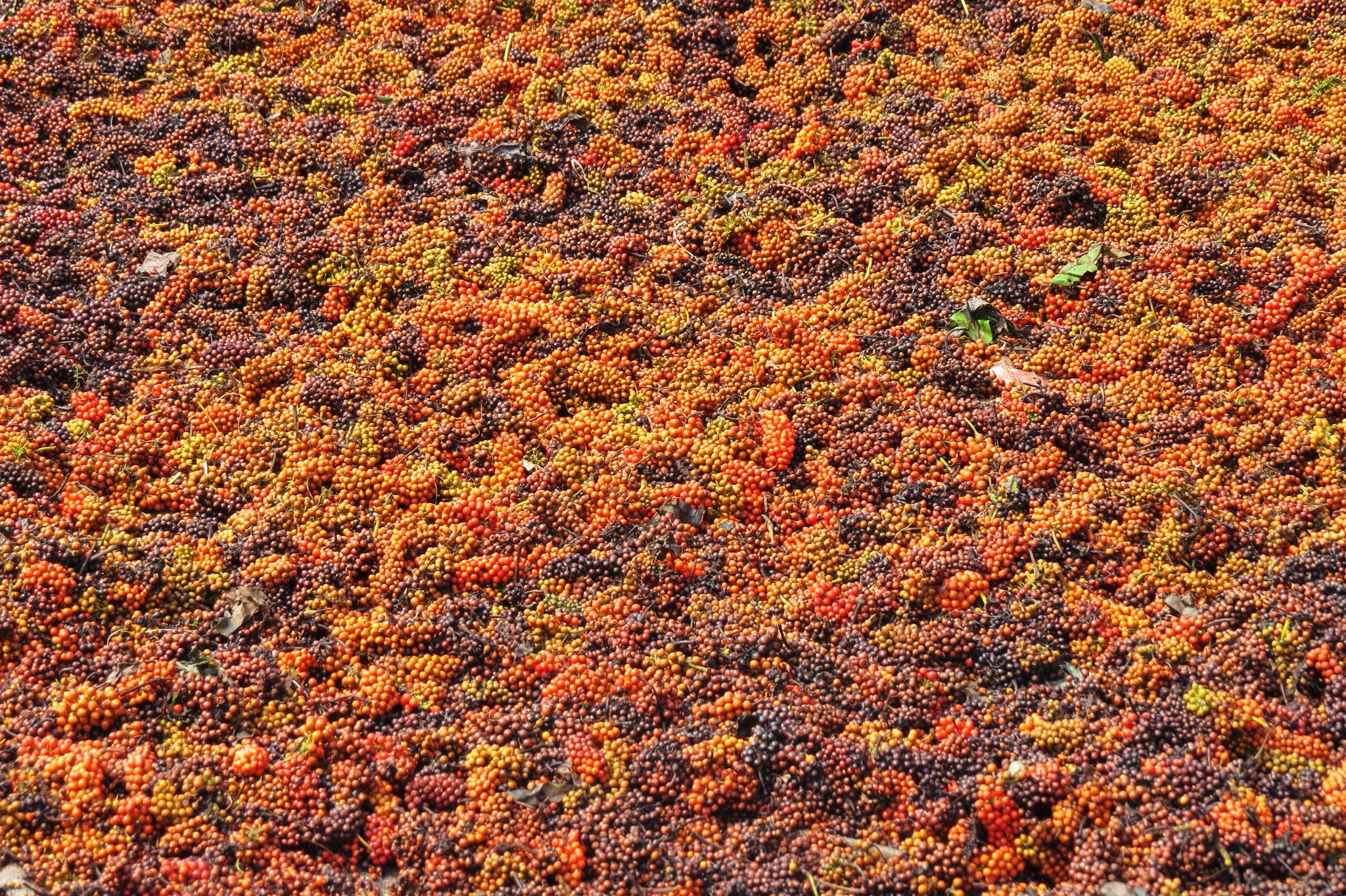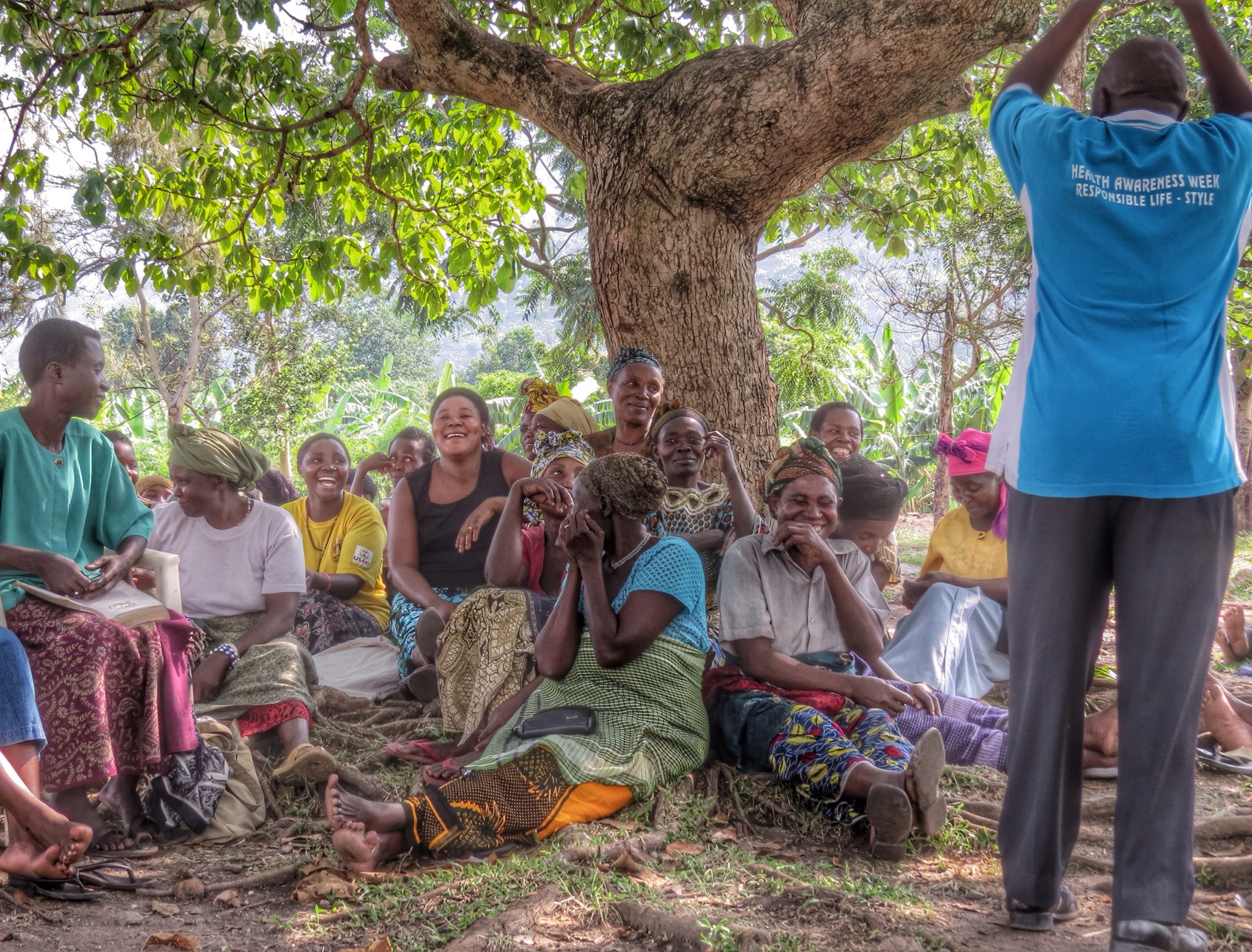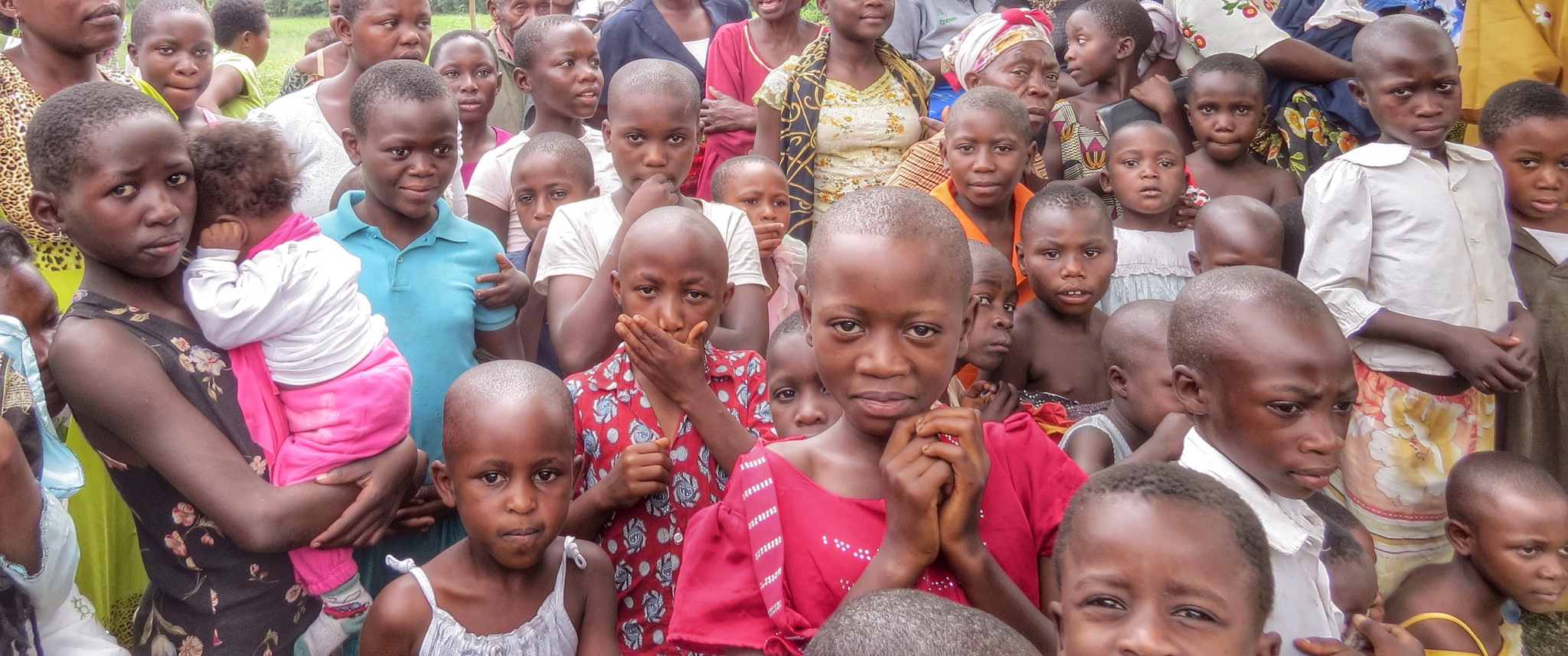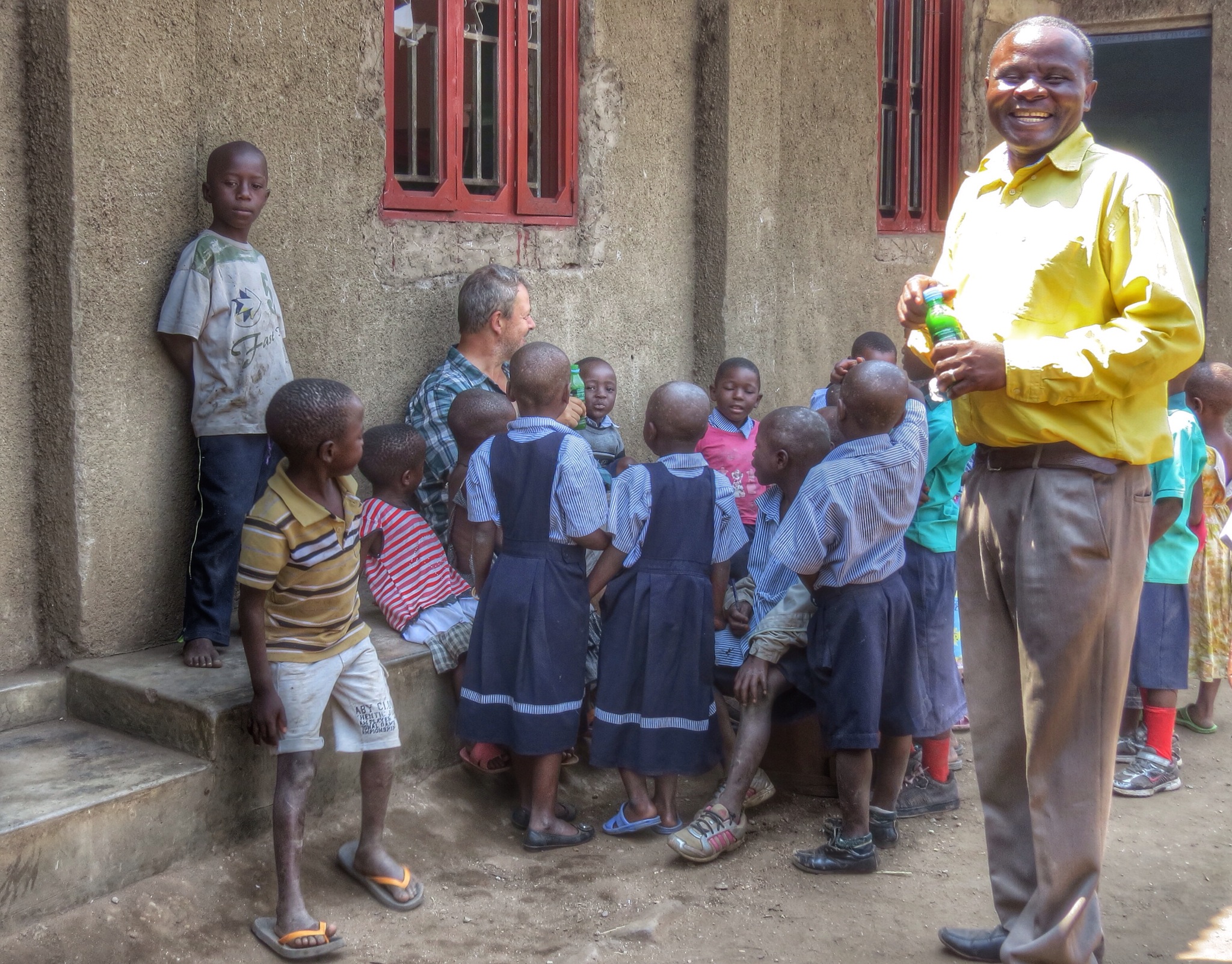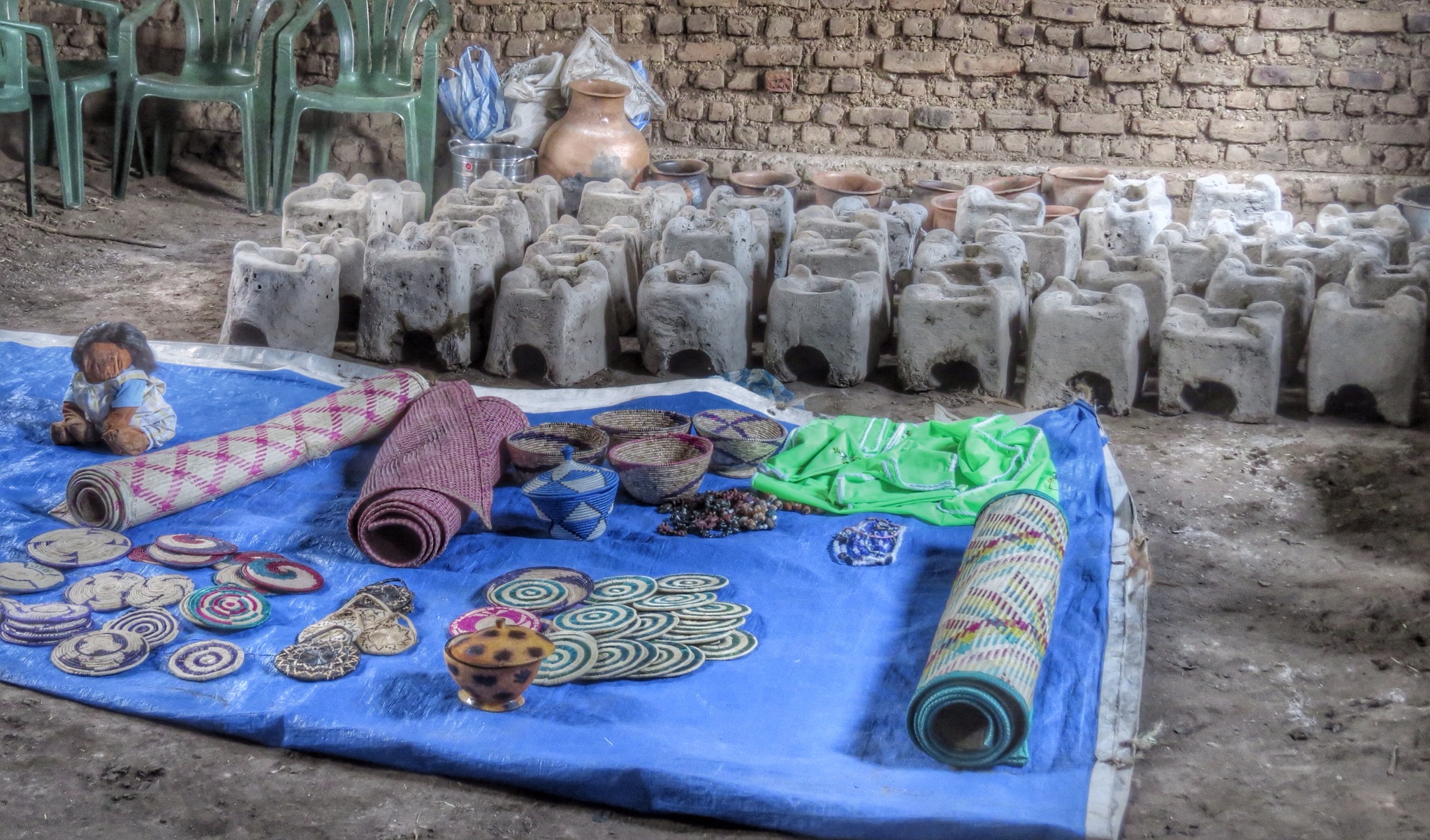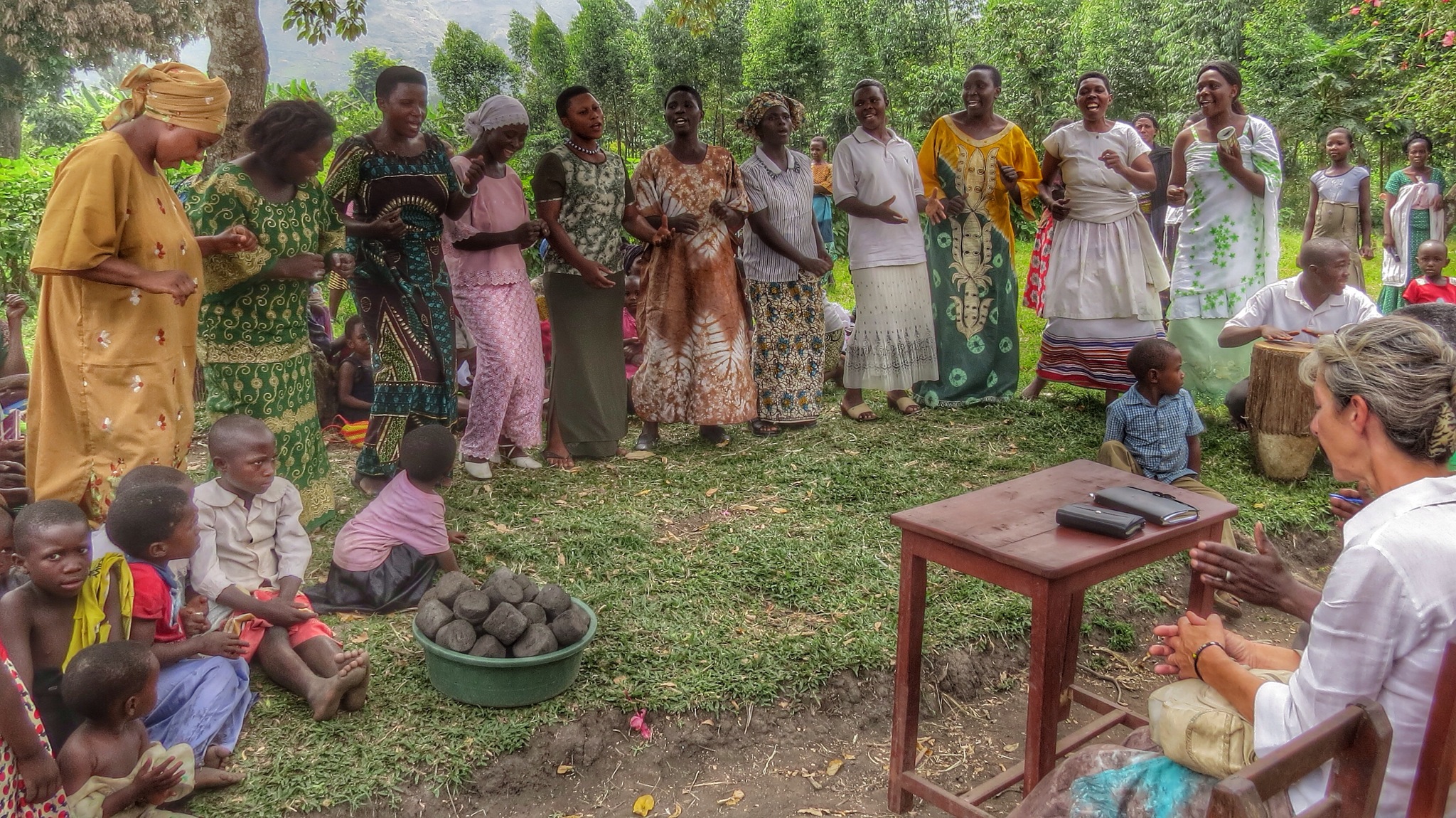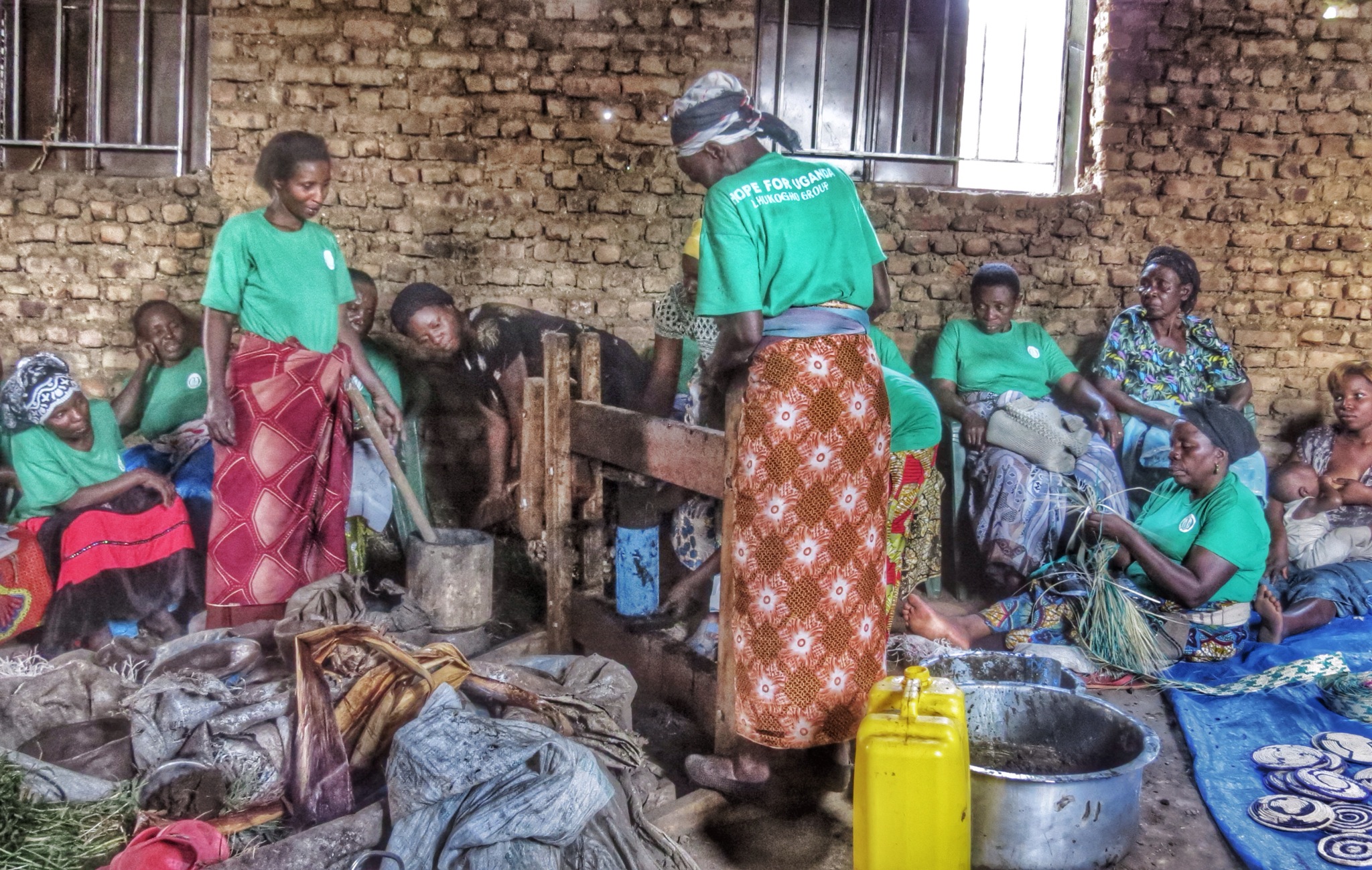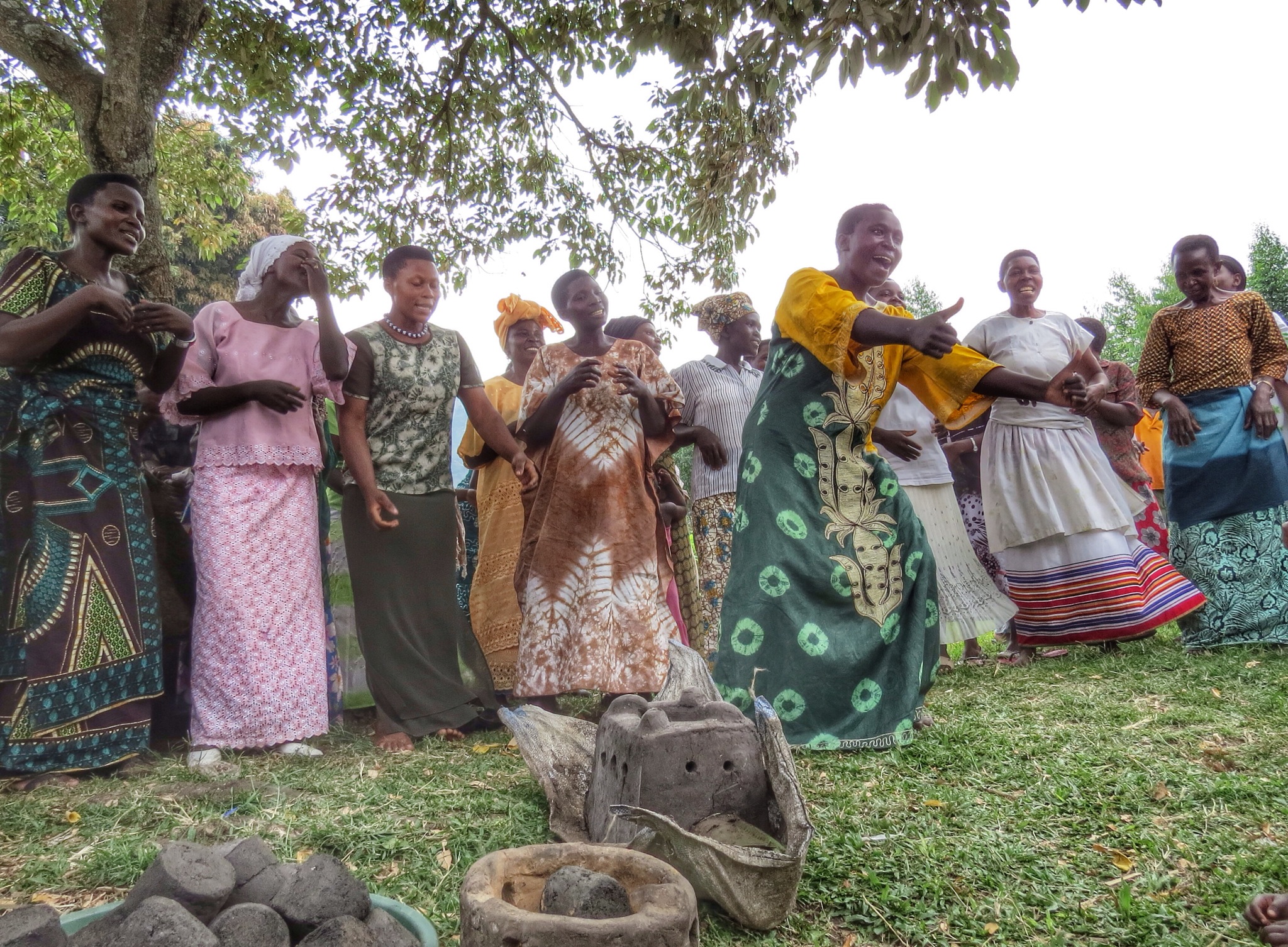It’s been pretty manic the last few weeks in the Southern Rwenzori Mountains.
We’ve spent about 30% our time in Kasese at the AmahaWe Uganda (AWU) office working with the team to develop their document systems and project plans, since AWU have now been formally registered as an NGO in Uganda.
The rest of the time we’ve been out in the mountains with Ben, the AWU Executive Director, touring a number of the AWU women’s groups.
These groups are organised into Craft Cooperatives and Fire Briquette making teams, benefiting from the micro-finance loans granted to them by AWU in order to get their businesses off the ground.
The loans are life-changing. Typically less than $100, they enable the women to buy crops, materials or products, work them into something saleable and make a small profit.
The fellowship the women share through working in these co-operatives is enormously important to them.
The small profits made by each co-op are used to buy ‘luxuries’ like salt for their families or send their children to school for a few weeks at a time.
Micro-finance in some countries has been monopolised by commercial businesses, with interest rates that borrowers struggle to repay – resulting in them borrowing more and falling into an increasing debt spiral.
In contrast, AWU initial loans are interest-free. 2nd-stage loans for the women to expand their co-ops attract a nominal 1-2% interest (the women themselves suggested they pay interest) and all loans are made on a no-profit basis. All loan repayments are reinvested in expanding the women’s co-ops. In addition to the loans, AWU spend a considerable amount of time with the groups, mentoring, coaching and training them. It really is a true Community programme.
As a result, from an initial 5 AWU women’s cooperatives 4 years ago, there are now over 80 groups around the Kasese District, each made up of 12-20 women. All of them have flourished. None have defaulted. They scrupulously account for every Shilling loaned, made and repaid.
Many step up and help to train new groups and spread the initiative into the most remote of areas. As far west as the Congo border, AWU women’s groups that we met are flourishing and it is really heartwarming to see.
As ‘Mazungus’ Helene and I are a pretty rare sight in this part of the world. Obviously as we’ travelled through Africa we’ve become acclimatised to kids shouting at us as we drive past ‘Hey, Maaazzzuuuuuuunnngggguuuu!’ (with the appropriate Doppler-effect) when they spot the colour of our skin. But in this neck of the woods, whenever we get out of the car a crowd scene soon develops.
At the Mission on the Congo border we were tucked out of sight trying to find a bit of peace when a bunch of school kids spotted us. It’s not often they get to find out what a fat Mazungu’s sweaty white skin actually feels like, so one class-room after another jumped at the opportunity.
After an hour or so of being prodded, patted, peed on, laughed at and sung to by about 100 kids, it was back on the road to another co-op group. Every group wants to welcome us and show us their handiwork.
Every one also wants to feed us. That can be 3 or 4 groups a day! It would have been very easy to tell Ben that we’d had enough and were (literally) fed-up glad-handing after a few days.
But that would be terribly selfish. Many of the women’s group leaders remember Helene from when she first presented the Fire Briquette project to them. Also from when she returned to Uganda for the initial training and the making of the first presses. Now that they know she’s back they feel it’s vitally important they get the opportunity to demonstrate their skills.
At each meeting each of them wants to thank her and testify how these Briquettes have changed their lives. This involved some very passionate speeches…
…and quite a lot of dancing.
 Even as a typically cynical, white, western Grumpy-Old-Man, I found it all quite moving. I couldn’t be more proud of what Helene has started here with the Fire Briquette project, or the commitment that the whole AWU team have made to helping these women change their lives for the better.
Even as a typically cynical, white, western Grumpy-Old-Man, I found it all quite moving. I couldn’t be more proud of what Helene has started here with the Fire Briquette project, or the commitment that the whole AWU team have made to helping these women change their lives for the better.
We sat through many of these presentations over a 3-week period. A very humbling experience. It was only the few meetings that followed a 3-hour church service (with ghetto-blaster speakers, electric guitars, fire-and-damnation Preachers, etc) that drove me a bit nuts!
Top Tip: Follow AmahaWe Uganda on Facebook or take a look at the AmahaWe Uganda website to see what tremendous work a small group of dedicated, unselfish people are doing in the UK and Uganda to improve people’s lives at a real grass-roots level.
Link: AmahaWe Uganda
